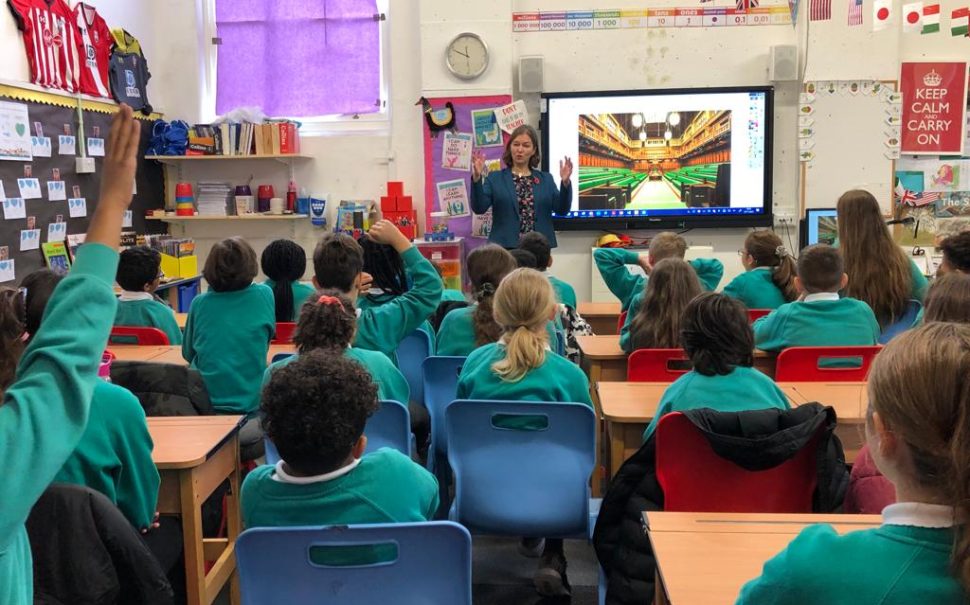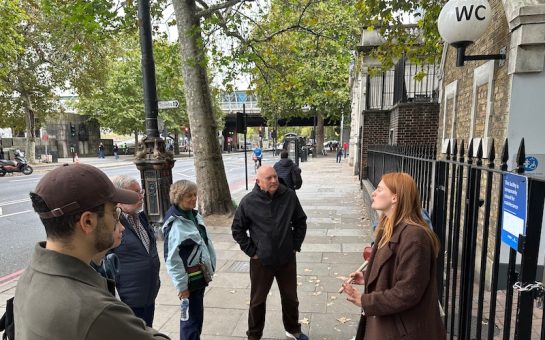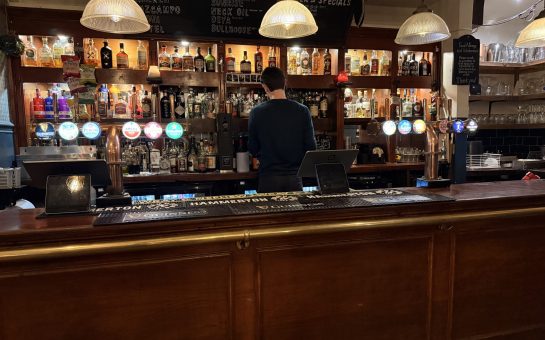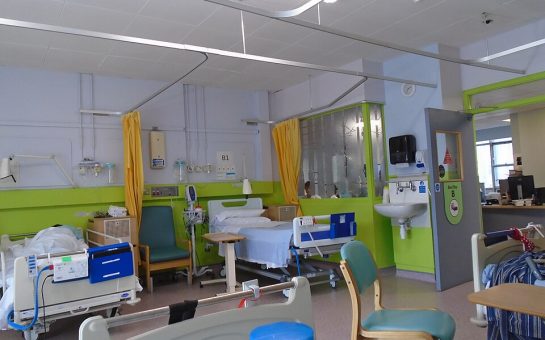Prime Minister Keir Starmer’s new cabinet has, by far, the highest proportion of MPs who were educated at comprehensive schools compared to previous cabinets.
Data released by the Sutton Trust and compiled by the Londoners shows that Starmer’s cabinet is 92% state-school-educated, compared to just just 21% of those who regularly attended cabinet meetings in the final days of Rishi Sunak’s time as Prime Minister.
Starmer’s cabinet met for the first time on Saturday 6 July, after Labour’s landslide general election win.
Dr Kevin Latham, research and policy manager for schools and colleges at the Sutton Trust, said: “Everybody should have a voice at the cabinet table.
“There has been a huge imbalance in the past but now the cabinet is more representative of the British public, a vast majority of whom go to comprehensive schools.
“Whether this becomes the norm or whether there is some backsliding in the future, a precedent has been set and future eyes will look at the composition of future cabinets and compare them to this cabinet.”
The new cabinet has 23 MPs who attended comprehensive schools, one who attended a private school, Louise Haigh MP, and one who attended a selective school, the Prime Minister himself.
In comparison, of those who regularly attended cabinet meetings in the final stages of Rishi Sunak’s government, only seven MPs attended comprehensive schools, five attended selective schools, and 21 attended private schools, including Sunak himself, who attended Winchester College.
In a poll conducted by the Sutton Trust in February, 63% of people across the UK said that they thought politicians come from similar backgrounds that don’t reflect the wider public.
Only 28% said politicians come from all walks of life, reflecting the wider public.
Angela Rayner, the new Deputy Prime Minister is evidence that politicians can come from all walks of life, Latham told us.
He added: “When it comes to social mobility, I think that her appointment can only be positive.
“It sends a positive message to people all over the country who may not be going through the easiest of times.”
Rayner left school aged 16 pregnant with her first son and with no formal qualifications.
She told the Financial Times that there were no books in her house growing up as her mother could neither read nor write.
Latham added: “Young people can now see that anyone from any background can end up in the cabinet making decisions about the running of the country as long as they’re competent and capable, have the right motivation, and work very hard to get there.”
Sir Keir Starmer campaigned on the pledge to remove the exemption on VAT for private schools, promising to use that money to fund state-funded education.
In Sky’s ‘Battle for Number 10’, he said: “For those children in a state secondary-school who don’t have the teachers they need, that’s not a one-year problem or a two-year budgeting problem, it’s a lifelong problem.
“If they don’t get the qualifications that they need at 15 and 16 then they can’t go and do what they want.
“So we need to recruit 6,500 teachers for our state secondary schools to make sure every child, wherever they come from, whatever their background, whatever school they go to, has the same opportunity.”
Kevin thought investment in schools would be an effective way to improve social mobility across the UK.
“It’s a matter of trying to make sure that everybody has equal access to high-quality education,” he said.
Such investment may be the best way to ensure that future cabinets maintain the level of representation that Starmer’s cabinet has set and that previous cabinets have failed to achieve.
Photo credit for featured image to Mercy Haggerty





